I wrote this article in Japanese and translated it into English using ChatGPT. I also used ChatGPT to create the English article title. I did my best to correct any translation mistakes, but please let me know if you find any errors. By the way, I did not use ChatGPT when writing the Japanese article. The entire article was written from scratch by me, Saikawa Goto.
Introduction
Movies and books covered in this article
Three takeaways from this article
- The craziness that even through the screen we can feel, such as the garbage dump that the local guides also have to stay away from, and the dinner with the Taiwanese mafia.
- Author who eats pigs calmly with blood lead levels 35 times higher than normal.
- The “food” in a place so different from our everyday lives makes us ponder about “life”.
Self-introduction article


Published Kindle books(Free on Kindle Unlimited)
“The genius Einstein: An easy-to-understand book about interesting science advances that is not too simple based on his life and discoveries: Theory of Relativity, Cosmology and Quantum Theory”
“Why is “lack of imagination” called “communication skills”?: Japanese-specific”negative” communication”
The quotes in the article were translated using ChatGPT from Japanese books, and are not direct quotes from the foreign language original books, even if they exist.
TV Tokyo’s Shockingly Intense Program “Hyper HardBoiled Gourmet Report” has been Made into a Book. It’s Seriously Crazy
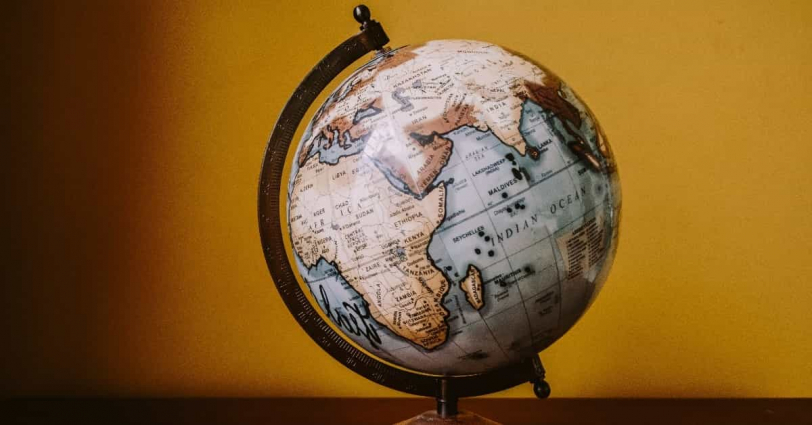
Despite being a “Tokyo local station” that doesn’t reach the Tohoku or Okinawa areas, this program is translated into every language imaginable and watched all over the world.
When I turned on the TV, an outrageous program suddenly started. That was “Hyper HardBoiled Gourmet Report,” which became the basis of this book.
It was seriously a crazy program. I wondered if it was okay to broadcast it.
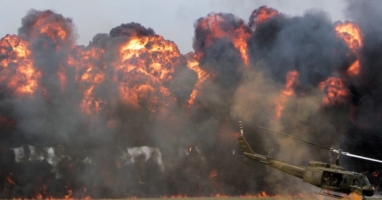
I was not aware of this program. I just happened to find it while zapping. I vaguely remember why I decided to watch the program I happened to find. It was because the word “gourmet” in the program title displayed in the corner of the screen and the images on the screen were so far apart.
It was a Kenyan rubbish dump.
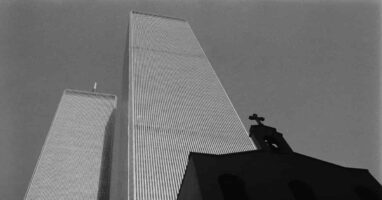
This is from the Episode “The Boy Who Lived in a Kenyan Rubbish Dump” that I Watched
The story of this Kenyan boy is included at the end of this book. First, let’s take a look at the author’s explanation of the rubbish dump in Nairobi.
What we are aiming for is a “Dandora rubbish dump” where all the rubbish from all over Nairobi will come together. Nairobi has three particularly dangerous areas, one being the “Isli area” where Somalian people make a living smuggling and selling guns, the other being the “Pangani area” where gangs called “Pangani6” hold power, and the last being the “Dandora area” with its garbage dump. It’s one of the most dangerous areas in Nairobi, and it’s easy to imagine just how perilous it is to set foot there.
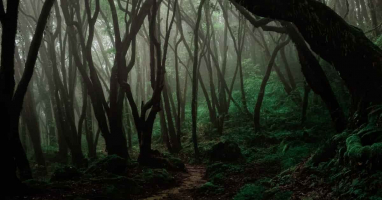
The author of this book, who is also the director of the show, is standing in one of the most dangerous places in Kenya. Even the local guides avoid getting close to this rubbish dump, so you can imagine how dangerous it is.
The author’s real feelings about approaching the rubbish dump are also described.
However, before long, an indescribable odor began to permeate the car. I opened the window a crack to test it out. Immediately, a violent assault on my senses hit me. It was so intense that I couldn’t open my eyes or breathe, and all five senses were screaming at me not to. It was so ferocious that I could actually see the color of the odor. Faintly yellow-brown particles of the odor slipped through the gap in the slightly open window and filled the car. It was the most foul smell I had ever experienced in my life.
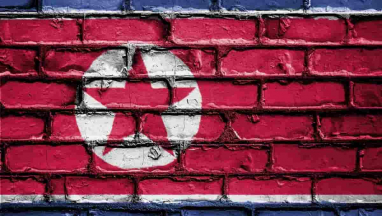
Although you can’t smell it from the text or images, you can somewhat understand how bad the smell is in this place from the numbers. The rubbish dump is 25 hectares, which is about 5 Tokyo Domes in size, and receives 850 tons of rubbish a day. That’s the amount of rubbish that six sperm whales weigh.
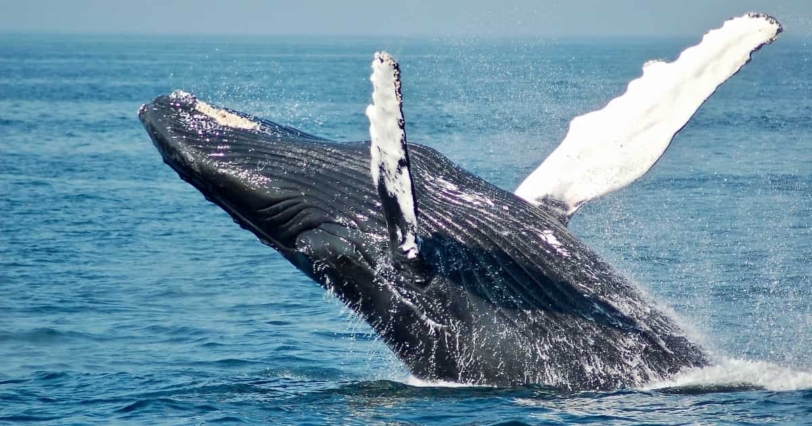
It may be hard to imagine, but you can definitely sense that it’s “terrifying.” In this dangerous land with an intense stench, what is the author doing there?
Introduction of the Other Three Stages
Before explaining that, let me introduce the other three stages covered in this book.
In Liberia, the author goes in search of a “man-eating child soldier.” In this country, where a bloody civil war was being fought, boys whose parents had been killed were drafted as soldiers and sent to the battlefield. The author sets out to investigate the rumors of a “person who ate people” among them.
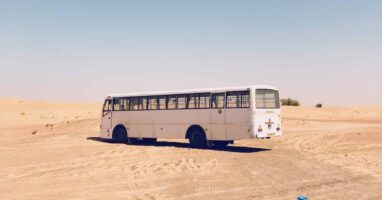
Liberia is also known as a country that has had many deaths from Ebola. However, the people of Liberia, who have been deceived by advanced countries, do not even believe in the existence of the infectious disease called “Ebola hemorrhagic fever.” Conspiracies such as “Ebola hemorrhagic fever does not exist” and “everyone who drank the ‘medicine to cure Ebola hemorrhagic fever’ died” are commonplace.
The author visits several regions where former child soldiers live together. He is surrounded by the boys, feels threatened and in danger, but he continues his search for “man-eating child soldiers” without giving up. In one place, an abnormal situation exists where former government soldiers and former rebel soldiers live together, and those who are forced to live in extreme poverty because they cannot find work due to being former soldiers are living tough lives.
In Taiwan, the author comes into contact with the mafia. The situation is tense, with even big shots who say “don’t film because I’m in court” present. In this environment, the author asks daring questions such as “Have you ever killed anyone?” The author tells them the “official reason for the interview,” which is of course interesting, but he also fearlessly asks about “the complex relationships of the Taiwanese mafia” and “the illegal activities they engage in,” which are completely unrelated.
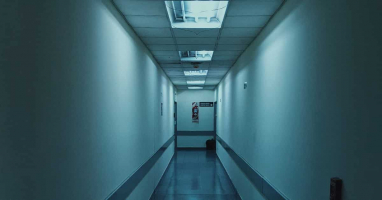
The author had originally planned to cover the most contaminated city in Russia, Norilsk. Due to various reasons, however, they had to give up before reaching Norilsk.
Afterward, the author changed the destination to a place called “Cult Village”. It is a special place in the deep forests of Siberia where people who believe in Vissarionism make up the majority of the residents. It is a new religious group born in 1990 where a man who quit his job as a police officer became a guru, and there are about 5,000 believers worldwide, with 2,000 of them living in this village.

In every interview, the author struggled to explore the “dark side” that cannot be seen on a regular basis. However, in this village, the author faced unexpected difficulties. They were all very hospitable, but everything was “suspiciously clean”. In this definitely “strange” village, the author wondered if there was anything other than the “beautiful face shown to outsiders” that could be found.

The Author is a Super Risky Person Who Wants to “Experience the ‘Food’ of the People Living There” in the World’s Super Dangerous Places
The author travels to various super dangerous places around the world, but what exactly is he doing there? Understanding this way of thinking that the author has at the core of making the program will help you understand.

“What do crazy people in crazy parts of the world eat?”
The show has only one mission: to dive into crazy parts of the world where one wouldn’t normally venture and film the food of the people living there. It sounds rough and crude, but the reality is that the dining tables of these crazy people are filled with dangerously beautiful food.
It’s seriously insane. It’s not something that people would normally think about or execute, but the author does it calmly. The collision between the madness of the world and the author’s madness creates a “harmony” that turns the show and the book into something “abnormal”.
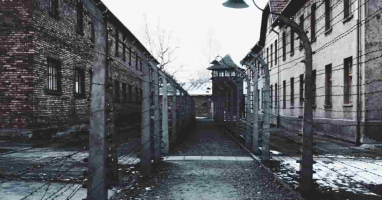
The author’s actions are incredibly dangerous. Let me explain with an example from an episode of the show that I actually watched, which was about the Kenyan rubbish dump.
For instance, at the rubbish dump, they were raising livestock. The animals are brought there to graze, as there are plenty of nutrients at the dump. However, of course, the livestock raised at the dump are not safe. In fact, the pigs raised at this rubbish dump had 35 times higher levels of lead in their blood compared to pigs raised in other areas. “Lead ingestion” is quite dangerous for humans and is known to affect various organs, including the brain.
And the author eats this lead-contaminated pig, fully aware of all of this.
The blood of this pig is contaminated with lead.
I want to try eating it.
I want to taste the lead-contaminated pig.
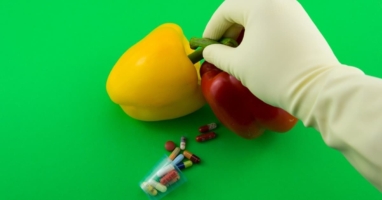
This is amazing. It seems like the author has lost a few screws in their head.
There are many stories like this. In the same rubbish dump, the author ignored the rule of having police accompany them during their coverage.
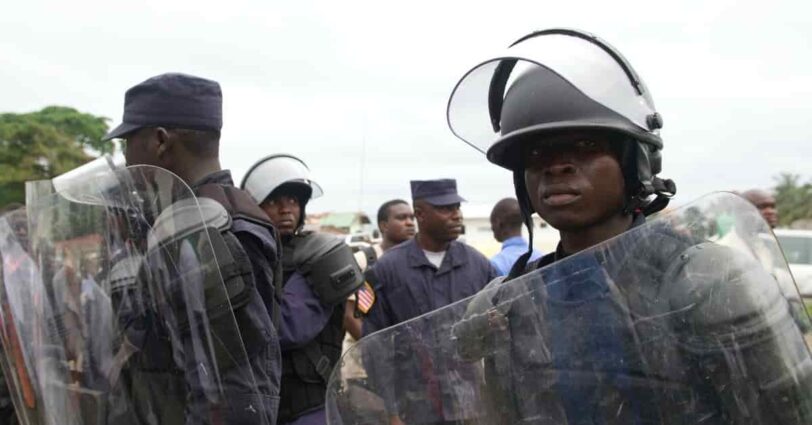
police station before entering, which I fully agree with. It’s reassuring to have help in case of trouble. However, the problem was that they insisted on accompanying me as my escort, which I refused. The police officers argued that no media had ever entered the rubbish dump without an escort, so we should follow the usual practice. Although their argument was reasonable, I had to reject it. If I were to meet someone interesting in the dump, how could I talk to them with four or five automatic rifles pointed from behind me? Would that person even offer me food? Even if they did, it would be almost like extortion. With such an arrogant attitude, I would not be able to capture anything worthwhile. Therefore, I tried to persuade them by reasoning to decline their offer to accompany me.
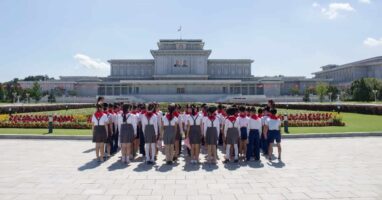
I can understand the author’s argument well. The feeling that “conducting an interview in the presence of an officer carrying a gun is nothing but extortion” is accurate, and the attitude of TV people pursuing reality should be praised. However, I cannot think that the author’s decision to refuse police escort is correct. This is not just about whether sincere coverage can be achieved or not, but a matter of “life or death” before anything else. However, even in such a situation, the author prioritizes the “interest of the footage.”
After watching the footage of the Kenyan rubbish dump on TV, I learned about this book and read it. At that time, I had largely forgotten about the rubbish dump episode, so I honestly don’t remember if there was a scene of refusing police escort in the footage. However, I think there probably wasn’t such a scene. And perhaps for that reason, the danger of the footage of “a Japanese person entering alone into such an abnormal environment and sharing food with a boy living in the rubbish dump” was transmitted vividly. I think I ended up watching TV because I was dragged into that “madness.”

In the program, the focus is on “subjects” such as the boy in the rubbish dump and the mafia, but in the book, the author himself as a “reporter” is also highlighted.
We must break away from television that follows a script and do what we should do now.
The author who is producing this program with an unwavering determination, their tremendous resolve and fearsome madness seep through the text.
It seemed only a matter of time before this blade would cut through my flesh. My own life is now in danger. However, more than the imminent fear, what tormented me in this moment was the sense of responsibility as a director to somehow capture this place, including the cause and effect of the men in front of me, and bring it back. Without the camera, I might have run away, or I might have been stabbed in the back if I tried to escape.
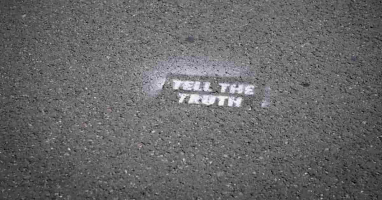
Location shooting is like a sport. The accumulation of split-second judgments creates the VTR. It’s difficult to do a solo location shoot without being able to capture the intended shots even without looking at the camera monitor. It had been a year since I last held a camera. The gap was significant. That’s why I headed to the center of the arms trade as a warm-up before going to the main Kenyan rubbish dump location.
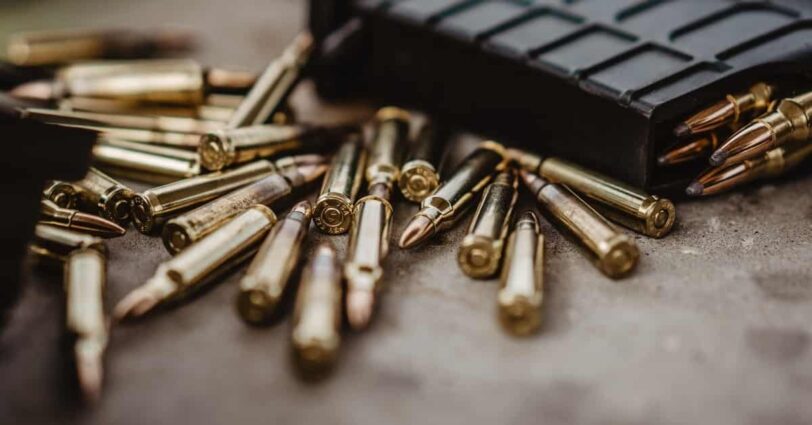
This program could only be created by this author. Although it was only for the Kenyan rubbish dump episode, I realized once again how lucky I was to come across this program without any prior information.
This is an Amazing Work that Asks the Questions, “What is a Human Being?”and “What is it to live?”
On the cover of this book, there is a comment from Satoru Iguchi of King Gnu.
Have you ever seen a show that asks, “What is it to live?” and “What is a human being?” while being labeled as a gourmet report? Even if you are poor, a sinner, a woman or a man, everyone eats and lives equally. It teaches us that we are all living, breathing human beings. It’s incredible.
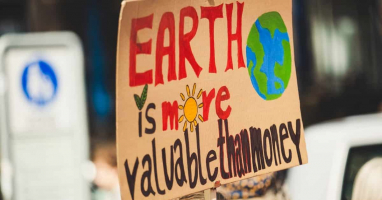
I think the comment that succinctly describes the program and book in a short sentence is really remarkable. It’s exactly as it is.
The author also summarizes their experience through their coverage at the beginning in this way.
What do we see on their dinner table? By peeling off the lid of the dangerous things that are being silently ignored in the world, I throw its contents onto the Japanese dining table. Even though we should be looking at a different world that has nothing to do with ourselves, our own figure eventually appears there. Such an experience can be found here.
It’s really true. Knowing about the “dining table” of people living in the “super dangerous places” of the world, which can be said to be “the most unrelated” to our daily lives, somehow becomes a question of “Why am I alive?” and returns to us. It’s a truly mysterious experience.
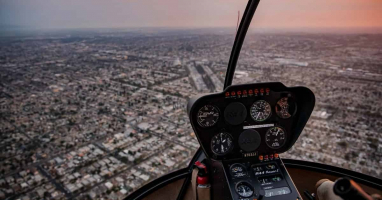
Reading this book I met again with the scene I found most striking when I watched the program.
The author asks people he meets during his travels, “Are you happy living here?” The responses vary, but the response of a boy living in a rubbish dump was very impressive.
“Is Joseph happy now?”
Joseph smiled and lifted his chin, pointing to us.
“I’m happy because I met you.”
I think this is really amazing. It touched my heart when I watched it on the screen, and reading it in the book again made me want to cry.
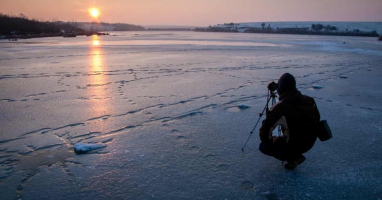
He is not in a situation where he can say he is “happy” by any means. That’s because, even though I hasn’t explained it well until now, the boy is living in this rubbish dump. He lives here, in the midst of a fierce stench, contaminated by asbestos thrown away as rubbish and living here is hard.
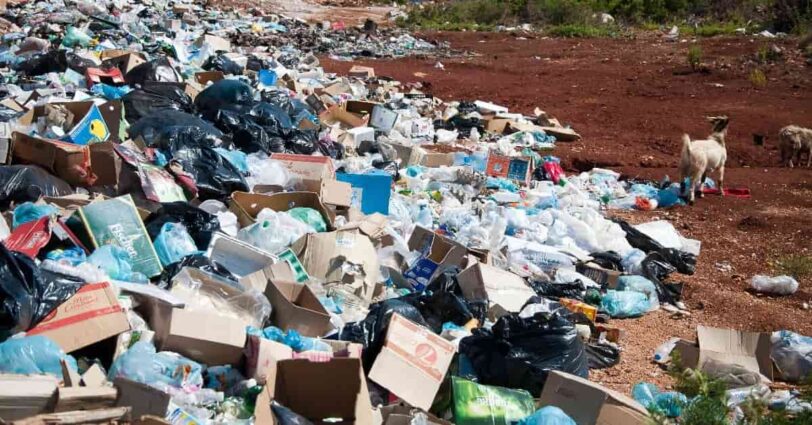
He is the oldest son and has two younger sisters and three younger brothers. All of his siblings except himself should be living with their parents, he said. He probably hasn’t seen his family in a long time, so he doesn’t know their situation. He used to go to school until he was 14 and was active as a midfielder in a local soccer club. But now, he lives a life covered in rubbish.
And yet, he says, “I’m happy because I met you.” I was amazed at the high level of his spirituality. I don’t honestly care whether that’s his true feeling or not. The fact that a boy living in such an incredibly difficult environment, to the point that no matter how many times we use the word “severe,” can immediately respond with “happy?” when asked, moved me.
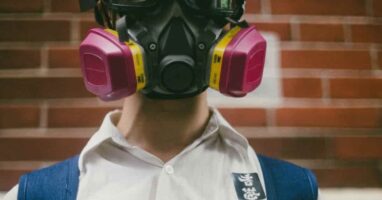
In this Book, the “Author Who is Also the Interviewer” is Also Extensively Explored
As mentioned earlier, unlike TV programs, books also mention the “author who is also the interviewer.”
While interviewing a boy living in a rubbish dump, it is said that the author was filled with the following feelings.
Every time he was covered in rubbish, I felt the humiliation so acutely that tears almost came to my eyes. When I do an interview, I always try not to feel sorry for the person I’m interviewing. In fact, I have never felt that way during any of my interviews, and it’s a firm agreement I have with myself. However, at that moment, I couldn’t control the feeling of pity that arose within me.
The author tries to put himself on the same level as the interviewee by sharing the same things with them. To achieve that, he believes that he must eliminate “compassion.” It’s impossible to be on the same level as the other person while being in a position of pity. Nevertheless, even the author, who had firmly sworn by this “rule,” couldn’t restrain his compassion when he saw the boy living in the rubbish dump. It was a scene that conveyed the immense tragedy of the situation.

After finishing interviews, the author thought to himself,
Leaving them behind, I’m trying to return to my safe zone alone. But I already knew. This country has a burning beauty of life. They live as if crawling on the ground in a situation where death is always nearby. Some have come to terms with their circumstances, while others never will. Yet they somehow manage to survive and eat today. Their lives burn like fuel, with a variety of things to eat and a variety of circumstances. However, the flames of life that flicker brightly and beautifully are all equally red and intense. When the wind blows, it is shredded; when it rains, it withers; when it is covered with sand, it is lost. But like somehow surviving in that sand, the lives in this country burn on.
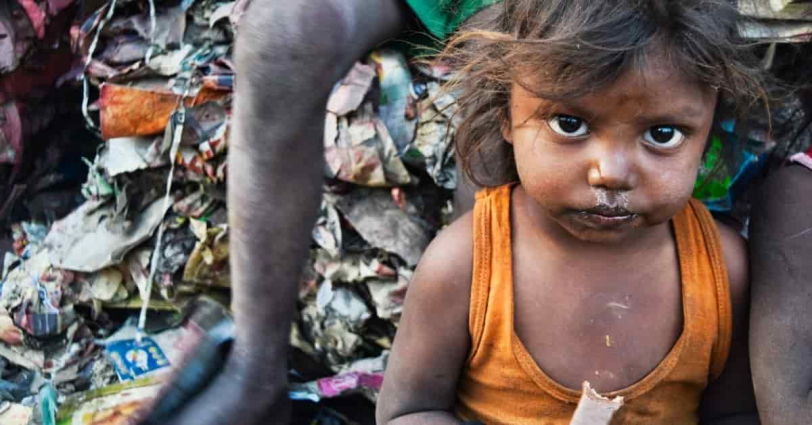
This is exactly the kind of feeling that one could only experience through the coverage of the “Hyper HardBoiled Gourmet Report,” which attempts to find the daily life of “food” in the midst of the spectacularly extraordinary.
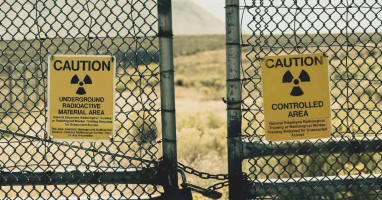
The author asked a girl who survived Ebola, “Did anything change?” When she replied, “Nothing changed,” the author realized the “Japanese typical sense.”
Happy to have life. As long as I have life, I will be happy. I am very happy because I saved my life no matter what happened.
“Unfortunate + having a narrow escape = happiness” is a typical saying in Japan.
So when I asked, “Did anything change after surviving Ebola?” the expected answer was “Yes. Even though there were many difficult and sad things, I’m still happy to be alive,” as it is a common expectation in Japan, including in Japanese TV and entertainment.
But she was still unhappy. She had been unhappy ever since she was born.
She didn’t just take her own life, and she was always unhappy.
The reality she experienced doesn’t allow for a convenient answer that we expected, as she was so unhappy.

While researching inside a religious group classified as a “cult,” the author had an experience that shook his values.
“But,” he continued, “I don’t intend to say that the cult is wrong. That’s because I shouldn’t judge others’ correctness. I shouldn’t judge your correctness, and you shouldn’t judge mine. That’s important.”
“I shouldn’t judge others’ correctness” — it hit me like a bolt out of the blue, and I felt dizzy.
Certainly the assertion is “overwhelmingly correct,” but he must have felt like the world was somehow distorted because he was confronted with it by “someone who thinks it’s a cult”. Or there is a scene are occasions when the author has the following impressions.

“Correctness” within me was ambiguous from the beginning.
I believed that the fact that “correctness” is changing is the truth.
Even such an ambiguous “correctness” was starting to crumble inside me again.

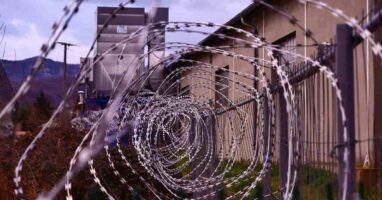
The author’s initial stance was as simple as “eat crazy food in crazy places.” However, as the investigation progressed, he faced various realities that were not easy to deal with. And undoubtedly, it shook something inside the author greatly.
It seems that the author is touching on something that cannot be reached as long as one judges based on common sense in Japan. Although I cannot accurately grasp what it is, the tremendous “sense” that “the author is touching on it” is what shakes me as a viewer and reader who comes into contact with the program and the book

In this book, there is also a sentence that goes like this:
Journalism is violence.
Don’t forget that.
Cameras are guns and pens are knives.
If used immaturely, they can easily harm people.
Cameras can capture moments of shoplifting, and pens can expose the wrongdoing of those in power.
Everyone would say that is the mission of journalism, and that’s true.
However, shoplifters and people in power are also human.
They are the same as us, humans.
No matter how much journalistic activities conform to social justice, if they twist someone’s life, it’s violence. No matter how many people you save, the righteousness won’t be an exemption from the violence of journalistic activities.】
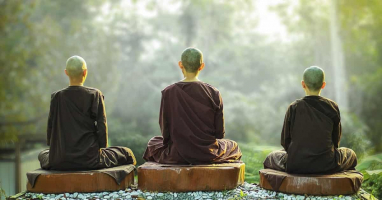
If you watch the show or read the book without thinking, the author’s coverage may seem “too violent.” He enters the lives of others with his shoes on and film “the act of eating,” which is the root of living. What else can you call this if not “violence”?
However, when I saw the author interviewing a boy in a rubbish dump on TV, I did not feel “discomfort” with his behavior. It was probably because he had the awareness of “exercising the ‘violence called coverage’.” Of course, it is not a valid argument that “violence is permitted if you are aware of being violent.” However, it seemed to me that the author’s stance of “trying to be ‘on the same side’ as much as possible, which is practically impossible since we are in so different positions,” made the “violence” of the situation infinitely less violent.

But there is only one moment when I feel justified in my actions.
“See you again.”
“I’m glad I met you.”There are people who say that to me when we part ways.
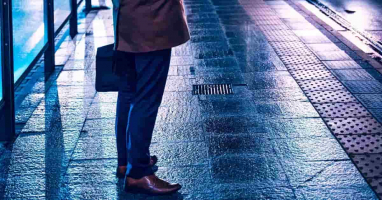
I felt that it was a crazy program or book.
Conclusion
For a fee, the “Hyper HardBoiled Gourmet Report” is available on Youtube.
https://www.youtube.com/show/SCfMfVlxU6KJXdKlPqVO5Kdg?season=1&sbp=CgEx
I have only seen the episode with the rubbish dump boy, but the impact of the footage was overwhelming, and the book itself has another kind of impact. I would like you to experience the “otherworldly dimension” that you cannot encounter in your everyday life.

Published Kindle books(Free on Kindle Unlimited)
“The genius Einstein: An easy-to-understand book about interesting science advances that is not too simple based on his life and discoveries: Theory of Relativity, Cosmology and Quantum Theory”
“Why is “lack of imagination” called “communication skills”?: Japanese-specific”negative” communication”

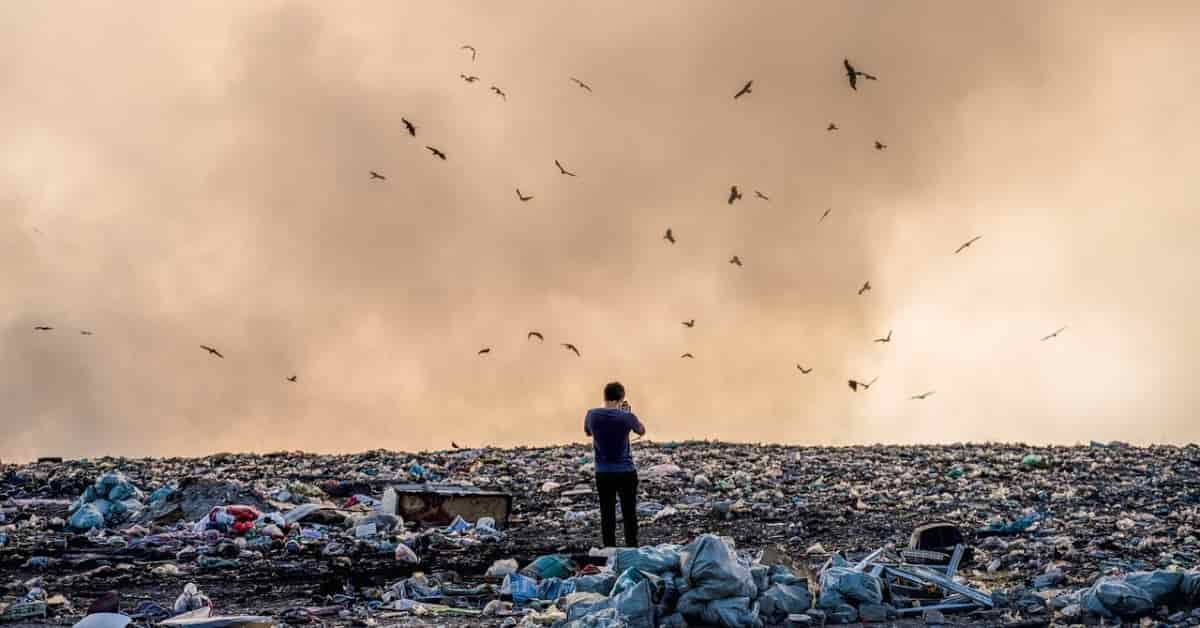





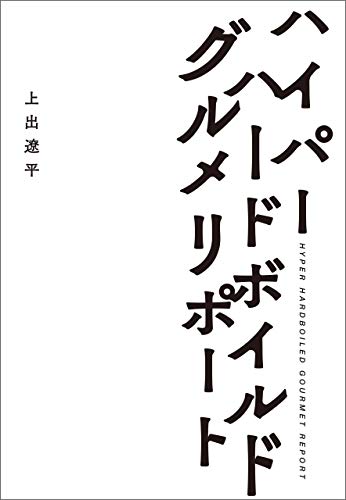
コメント